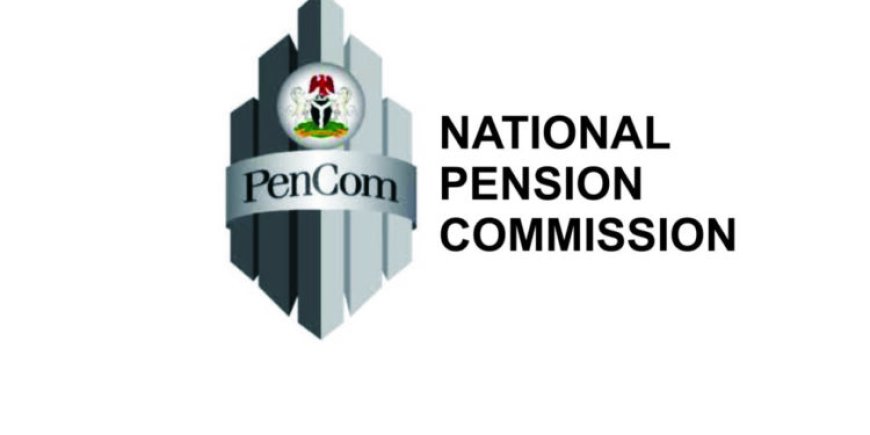When policy listens: A closer look at PenCom’s Revised Capitalisation Addendum

One thing this administration deserves credit for is its willingness to take feedback seriously. Policies may come out strong at first, but when stakeholders raise genuine concerns, there is a pattern of thoughtful adjustment.
The latest example is PenCom’s Addendum to the Circular on Revised Minimum Capital Requirement for PFAs and PFCs, released on 12 November 2025.
The document isn’t dramatic or lengthy, but the changes it introduces matter, and they show that the Commission is engaging with the industry, versus dictating to it.
The Statutory Reserve Fund Gets Reincluded
The original circular excluded the Statutory Reserve Fund (SRF) from the Shareholders’ Funds that count toward capital requirements. This created understandable pressure for PFAs.
In the Addendum, the Commission has now decided that the SRF will be included after all.
In practical terms, this gives PFAs a more accurate and slightly more comfortable capital position without requiring immediate injections of new funding. It’s a reasonable adjustment that reflects the realities of the operating environment.
A More Refined AUM Base for Category A PFAs
The initial capital surcharge calculation for Category A PFAs used a broad AUM base. Industry players pointed out that some fund types shouldn’t logically be part of that computation.
The Addendum now excludes
• Fund V
• Fund VII
• Approved Existing Schemes, and
• Additional Benefit Schemes from the AUM base used for the 1% surcharge.
This refinement provides clarity and ensures PFAs are assessed on a more relevant asset pool.
A More Practical Compliance Timeline
Perhaps the most welcomed update is the new compliance deadline of 30 June 2027. Given Nigeria’s macroeconomic landscape, tight liquidity, FX pressures, and generally cautious investor sentiment, this extension gives PFAs room to plan, raise capital, and consolidate where necessary without unnecessary disruption.
It shows PenCom is not just enforcing rules but also considering operational feasibility.
Overall, a welcome development
The Addendum reflects a regulatory body that listens. The adjustments are measured, thoughtful, and responsive to valid industry concerns. Rather than a reversal, this feels more like a refinement, a step toward a more balanced capitalisation framework.
In broader terms, it demonstrates something important: effective regulation isn’t static. It evolves through dialogue, feedback, and evidence. Nigeria’s pension industry is too important for rigidity, and PenCom’s willingness to iterate is a strength, not a weakness.
The recapitalisation journey is still ongoing, but the Addendum brings clarity and a more realistic pathway forward. If the industry and regulator continue engaging constructively, the outcome could ultimately strengthen the entire pension ecosystem.
There is still more adjustments that would most definitely be welcomed.
When policy listens: A closer look at PenCom’s Revised Capitalisation Addendum - Nairametrics









